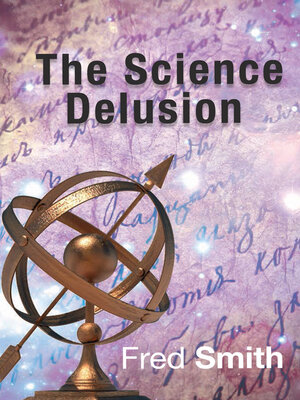
Sign up to save your library
With an OverDrive account, you can save your favorite libraries for at-a-glance information about availability. Find out more about OverDrive accounts.
Find this title in Libby, the library reading app by OverDrive.



Search for a digital library with this title
Title found at these libraries:
| Loading... |
The Science Delusion is an answer to Richard Dawkins God Delusion.
Part A of The Science Delusion commences with a criticism of Karl Popper's Philosophy of Science. This is because some spokesmen for evolution like to use Karl Popper's testability criterion as a categorisation argument against creationism. Some spokesmen for evolution like to say things like 'creationism is not testable therefore it is not science'. In part Popper's philosophy owes its inspiration to David Hume's well worn problem of induction. Part A of The Science Delusion goes to some trouble to put Hume's original problem and the modern problem of induction in a simple and easy to understand argument, and then goes on to provide a solution to the problem of induction.
Part B of The Science Delusion uses the lessons of part A to address problems with arguments and problems with the theory of evolution. Regarding the 'creationism is not testable and therefore it is not science' argument for example, we should be interested in whether or not it is sensible to believe in creationism not whether or not it is science. Arguments are often about words and point scoring as required to get the job done whereas science should be about credibility and confidence. Unlike so many arguments against creationism, Dawkins arguments are mostly real arguments. Part B also directly addresses the core of Dawkins God-delusion-thinking using concepts from Part A. Dawkins says that he would gladly find himself wrong and The Science Delusion provides an opportunity to find out just how glad.






